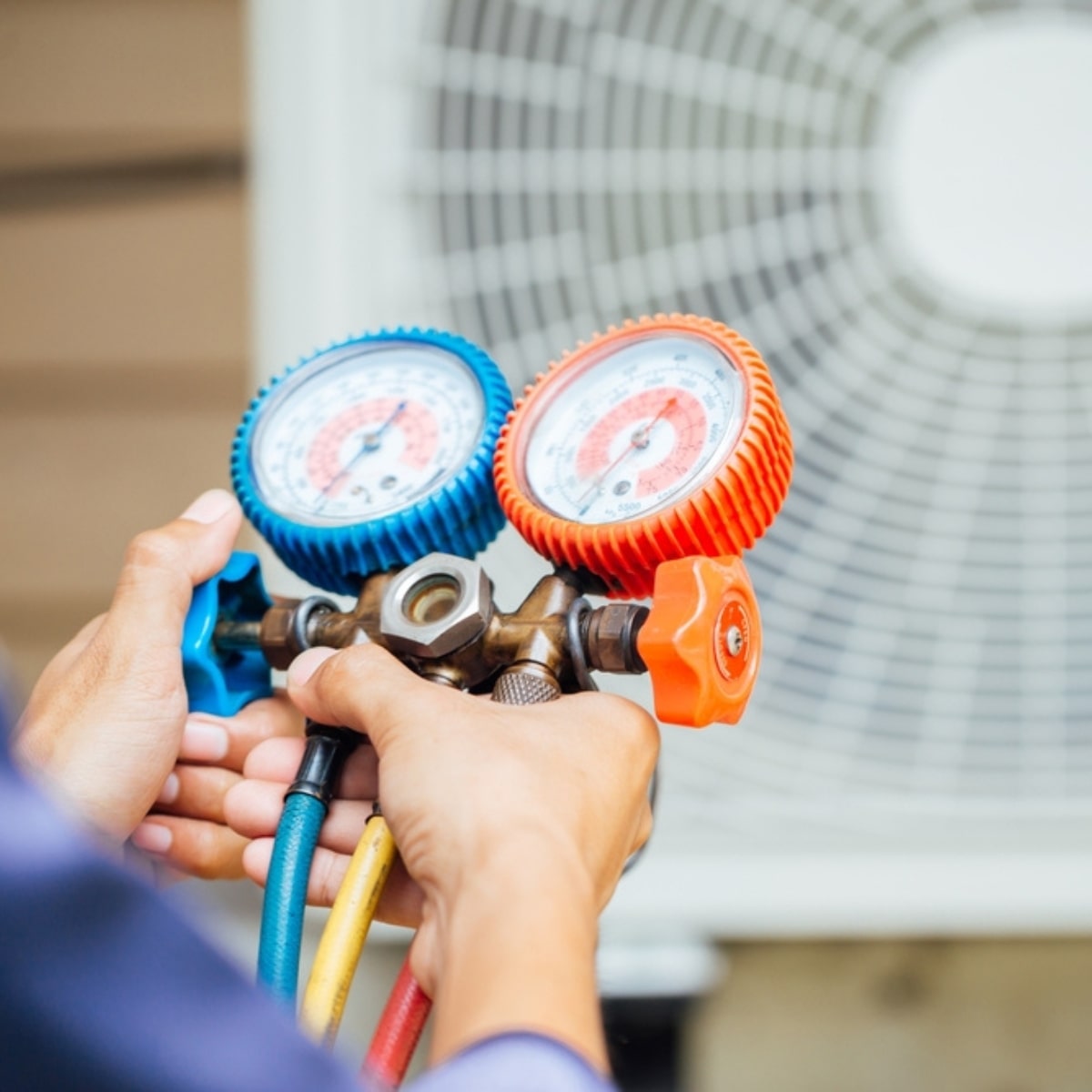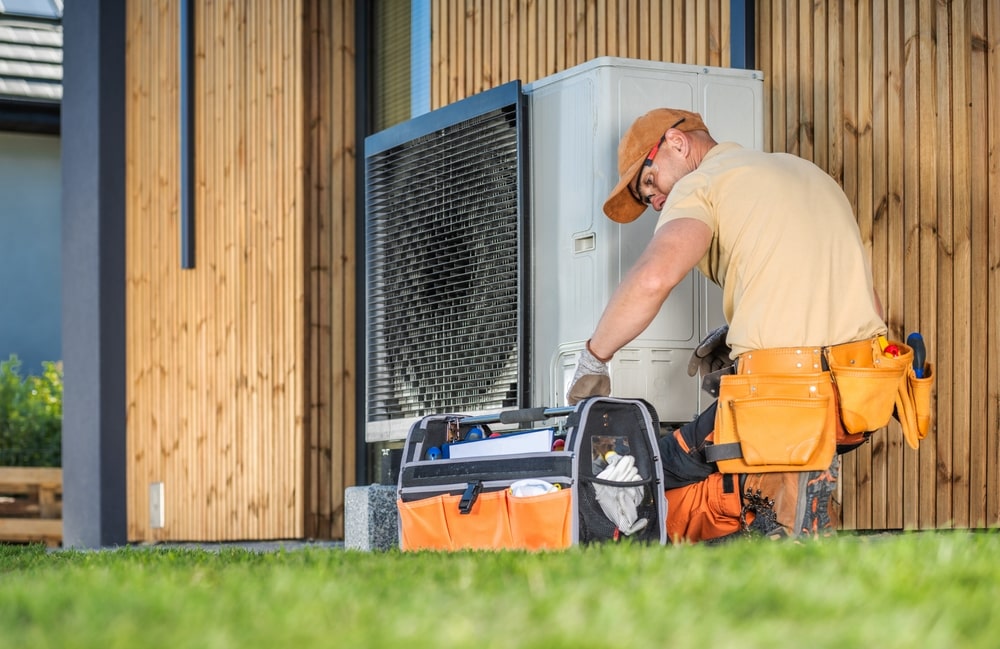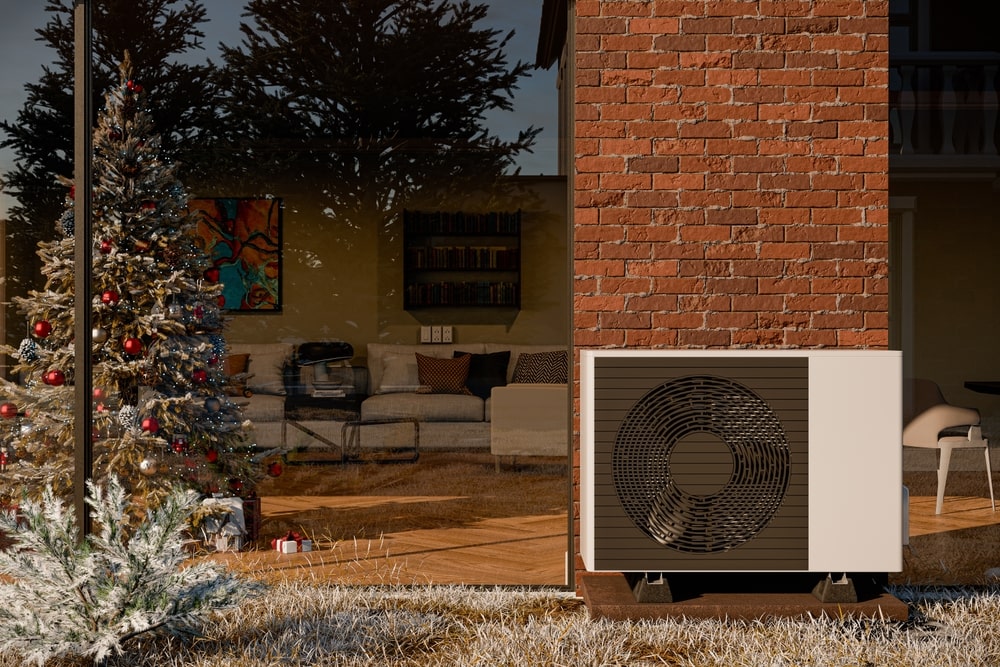
Heating and cooling your home efficiently is essential, especially in Canada’s unpredictable climate. If you’re looking for an energy-efficient way to maintain a comfortable indoor temperature year-round, a heat pump could be the perfect solution. But what exactly are heat pumps, and how do they benefit your home?
In this blog, we’ll explain how heat pumps work, their advantages over traditional heating and cooling systems, and why they’re a great investment for homeowners.
What Is a Heat Pump
and How Does It Work?
A heat pump is a versatile system that uses electricity to heat and cool. Unlike furnaces and air conditioners, which generate heat or cold air, a heat pump transfers heat from one place to another. In the winter, it extracts heat from the outdoor air (even in freezing temperatures) and moves it inside. In the summer, it reverses the process, removing heat from your home to keep it cool.
There are three main types of heat pumps:
Air-source heat pumps are the most common type, transferring heat between your home and the outdoor air.
Ground-source (geothermal) heat pumps use underground pipes to move heat between your home and the earth.
Water-source heat pumps regulate your home’s temperature using a nearby water source, such as a pond or lake.
Among these, air-source heat pumps are the most popular choice for Canadian homeowners due to their affordability and high efficiency.
Energy Efficiency and Cost Savings
One of the biggest advantages of installing a heat pump is its energy efficiency. Traditional heating systems, such as gas furnaces, generate heat by burning fuel, which can be expensive and environmentally taxing. In contrast, heat pumps use electricity to move heat, consuming significantly less energy.
How Much Can You Save?
According to Natural Resources Canada, air-source heat pumps can reduce electricity use for heating by 50% compared to baseboard heaters. If you switch from an oil or gas furnace, your monthly heating costs could drop by up to 60%.
In addition to lower energy bills, homeowners may qualify for government rebates. Programs like the Canada Greener Homes Grant offer up to $5,000 in incentives for installing energy-efficient heat pumps. Some provinces, like Ontario and British Columbia, also provide additional rebates, reducing the upfront cost.
Efficiency Ratings Matter
When selecting a heat pump, look for a high SEER (Seasonal Energy Efficiency Ratio) and HSPF (Heating Seasonal Performance Factor) rating. The higher these ratings, the more energy-efficient the unit will be. Modern heat pumps can achieve efficiencies of 300% to 400%, producing three to four times more energy than they consume.
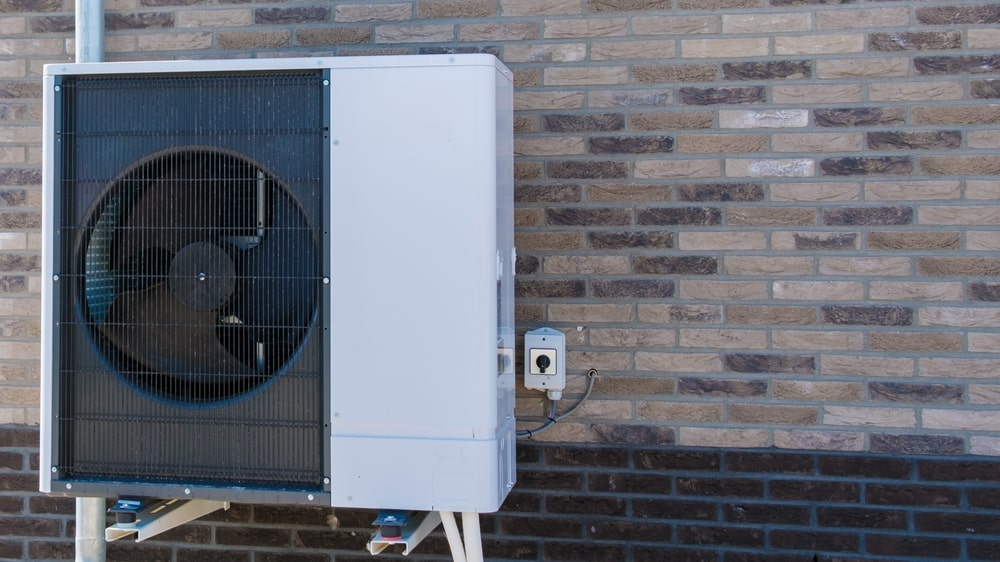
Year-Round Comfort: Heating and Cooling in One
A heat pump isn’t just for heating—it also provides cooling in the summer. Thus, it is an all-in-one system that replaces a furnace and an air conditioner, simplifying your home’s HVAC setup.
How Does It Compare to Traditional HVAC Systems?
- Furnaces only provide heating, requiring a separate air conditioner for cooling.
- Heat pumps can efficiently switch between heating and cooling, adapting to Canada’s seasonal changes.
- Ductless mini-split heat pumps allow zoned heating and cooling, letting you control temperatures in different rooms independently.
Heat pumps are an excellent choice for homeowners looking for a versatile, space-saving solution. Many modern units also come with smart thermostats, which allow homeowners to control the temperature remotely using a smartphone.
Performance in Cold Climates
One common concern is whether heat pumps work in extreme cold. The answer is yes! Modern air-source heat pumps are designed to function efficiently in temperatures as low as -30°C. Some advanced models, like cold-climate heat pumps, use variable-speed compressors and enhanced defrost cycles to maintain performance in harsh Canadian winters.
Environmental Benefits: A Greener Choice
Switching to a heat pump is one of the most eco-friendly home choices. Since they don’t burn fossil fuels, heat pumps reduce greenhouse gas emissions, lowering your home’s carbon footprint.
Why Are Heat Pumps More Sustainable?
- They use electricity instead of oil or gas.
- They operate efficiently, reducing energy consumption.
- Many models are compatible with solar panels, making them even greener.
Reducing Carbon Emissions
The Government of Canada has set a target to reduce carbon emissions by 40-45% by 2030, and transitioning to heat pumps is crucial in achieving that goal. By replacing an oil or gas furnace with a heat pump, homeowners can cut their home’s CO₂ emissions by up to 50%.
Learn more about Dion Comfort’s Heat Pump Installation and Repairs
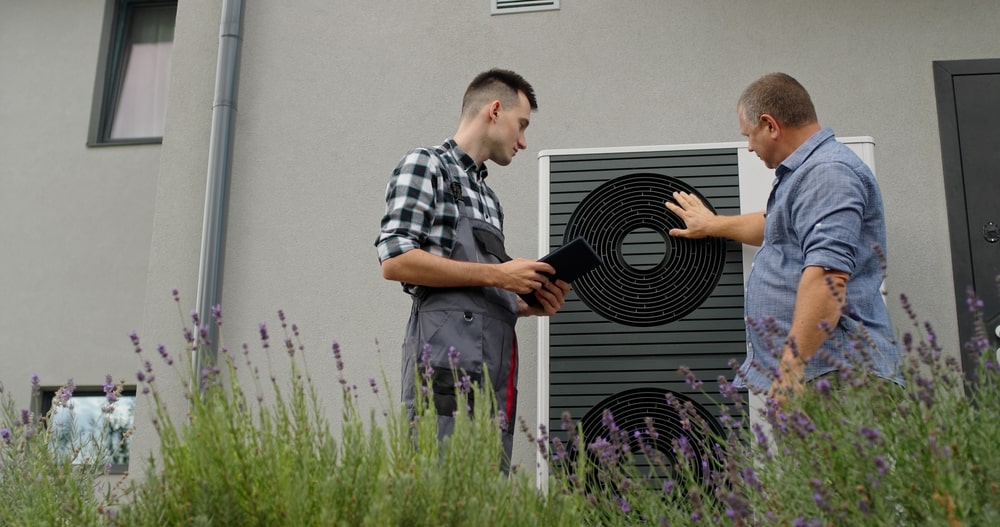
Increased Home Value and Long-Term Investment
Investing in a heat pump doesn’t just save you money on utility bills—it can also increase your home’s value. Today’s homebuyers are looking for energy-efficient and eco-friendly solutions, and a modern heat pump system is a major selling point.
How Long Do Heat Pumps Last?
With proper maintenance, a high-quality heat pump can last 15 to 20 years, making it a reliable long-term investment. Plus, many manufacturers offer extended warranties on parts and labour, ensuring peace of mind.
Minimal Maintenance Required
Unlike furnaces, which require regular filter changes and servicing, heat pumps have fewer mechanical components, leading to lower maintenance costs. Routine checks, such as cleaning the air filter and ensuring proper airflow, help extend the lifespan of your system.
DID YOU KNOW?
A well-maintained heat pump can reduce HVAC-related maintenance costs by up to 30% compared to traditional systems.
Ready to Upgrade? Choose Dion Comfort for Your Heat Pump Installation
At Dion Comfort, we specialize in professional heat pump installations tailored to Canadian homes. Our team helps you:
- Choose the right system for your home
- Maximize energy savings with an efficient setup
- Take advantage of available rebates to lower costs
Want to experience efficient, year-round comfort? Contact us today to get started!



